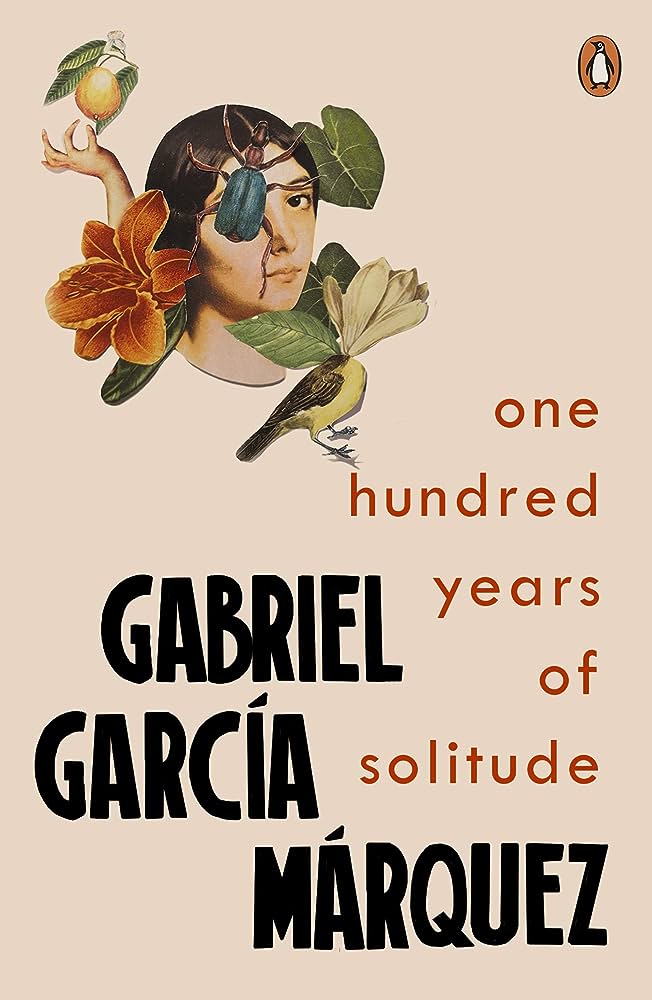We are from Ukraine ![]()
Book Review: "One Hundred Years of Solitude" by Gabriel García Márquez
“One Hundred Years of Solitude” is not just a novel; it’s an immersion into a world crafted by the illustrious Colombian author, Gabriel García Márquez. The narrative sweeps across generations of the Buendía family in the fictional town of Macondo, weaving tales of love, magic, politics, and destiny in a blend that has come to define the genre of magical realism.
Gabriel García Márquez, born in 1927 in Aracataca, Colombia, led a life as vibrant and intricate as his novels. Drawing inspiration from his grandmother’s tales and the political unrest of his homeland, Márquez penned stories that transcended the ordinary, making him a pivotal figure in the Latin American literary boom of the 20th century. His experiences, from journalism in Bogotá and Cartagena to witnessing the shifts and changes in Latin American politics, deeply influenced his writings.
Here’s why “One Hundred Years of Solitude” should grace your bookshelf:
Masterful Storytelling
Márquez’s narrative technique is unparalleled. The intermingling of the mundane with the supernatural feels so seamless that the reader is often left in a state of delightful bewilderment.
Reflection of Reality
Though Macondo is fictional, its tales resonate with the actual socio-political events of Latin America. The novel acts as a mirror, reflecting the turbulence, the beauty, the despair, and the hope of an entire continent.
Deep Dive into Human Nature
From José Arcadio Buendía’s pioneering spirit to the enduring solitude of the final Buendías, the novel explores the complexities of human emotions, relationships, and desires.
Magical Realism
This book stands as a cornerstone of the genre. If you’ve ever been curious about magical realism, this is where you begin.
Universal Themes
Despite its setting and cultural nuances, the novel touches on themes that are universally relatable – love, loneliness, ambition, and the inexorable passage of time.
Conclusion
Gabriel García Márquez’s “One Hundred Years of Solitude” stands as a beacon in the literary world, shining light on the intricate tapestry of human emotions, societal changes, and the magic that weaves through reality. Its profound impact on readers worldwide is a testament to its timeless appeal. Whether you’re drawn to its evocative prose, its deep exploration of family and fate, or the vibrant world of Macondo, the novel promises an enriching experience. As we conclude our journey through this masterpiece, one is reminded of the infinite worlds that literature opens up, and the undying power of storytelling that Márquez so masterfully exemplifies.

